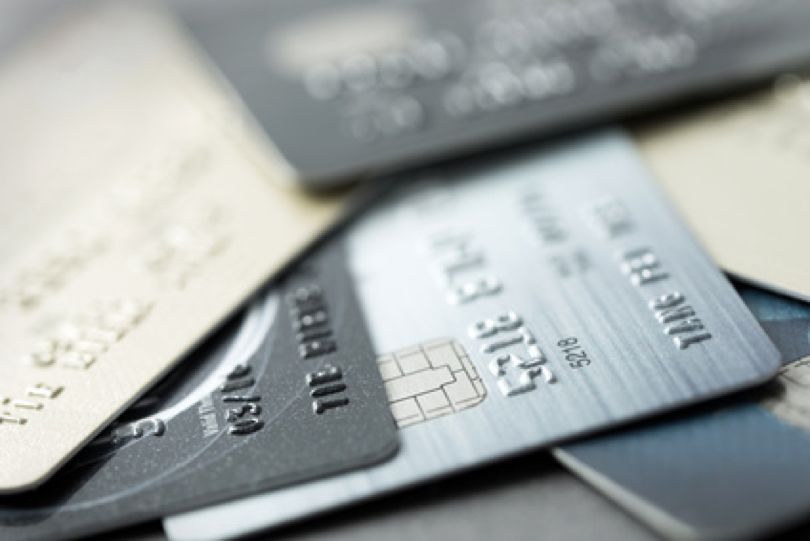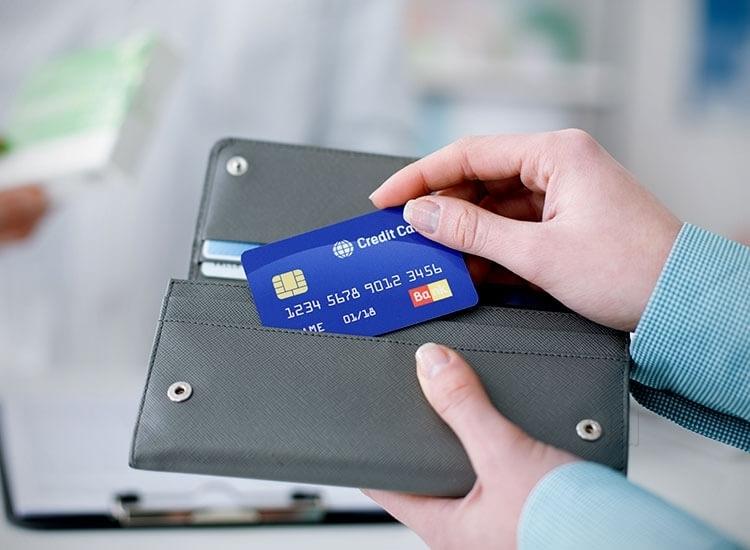Credit Card Application Rejected? Here's Why

Rejection, in any case, can hurt. Either in ending relationships, declined job offers, or when your credit card application has been denied.
If you have been denied a credit card, you need to find out what went wrong so that you can rectify it before applying for a credit card for the second time. As a result, you stand a better chance of getting the next credit card application approved.
Here are some of the major reasons why your credit card applications may have been rejected and things to looks out for when you apply again.
Mistakes In Application Form
The number of rejected credit card applications being caused by errors in the application forms can be alarming. Although filling the forms seem rather simple, mistakes are inevitable.
It is natural for credit card providers to scrutinise the information you provide in the form. If you added a piece of wrong information, left out a few crucial details, or merely attached the wrong documents, the probability of your credit card application being denied escalates. Moreover, some credit card providers will even reject unclear digitalised documents because they raise suspicions of forgery.
Thus, you have to be extra careful and vigilant as you fill up the forms.
Tips: Take your time to carefully fill in the details so you are able to avoid any careless errors. Ensure that the supporting documents attached are clear enough for bankers to review.
Not In The Right Job

Credit card providers will need to certify if you are a reliable borrower who is capable of making prompt payments every month. The certainty comes from your field of occupation and the employment period associated with it.
For instance, some credit card providers may reject your application when they find that the nature of your job is not stable enough. An unstable job may lead to retrenchment or loss of a job at any time which only puts you at a higher risk of defaulting the credit card repayments. This affects your status as a borrower.
Bear in mind that you will also need to meet the requirements of a stipulated employment period. A person who stayed in a company for a longer period of time seems less risky compared to someone who jumps from one job to another every few months. Mainly because it exemplifies a steady flow of income without much risk involved for the credit provider.
Tips: A simple review of your resume or employment record goes a long way. Place yourself in the creditor’s shoes and value your ability in making repayments.
The Earning Capital Is Not Satisfactory
Once you are in a secured job, your income will be the credit card providers’ next target.
Having a stable job may satisfy one part of your application but your annual income plays a major role too. Every time you apply for a credit card, one of the first few things you will be asked is your annual income.
Generally, a credit card applicant should have at least a minimum annual income of S$30,000. As for premium credit cards, you may need more than S$50,000 annually.
Essentially, having a high income categorises you as an eligible and trustworthy borrower. Owing to the fact that your cash-in flow is in excess compared to the cash-out flow, this indicates your repayment trend is expected to be prompt and complete. Consequently, the chances of your credit card application being approved increase.
Tips: Ensure that your annual income is more than the minimum requirement of the credit card you wish to apply for. Doing so saves you from rejection and keeps your application records clean in case you wish to apply for another in the future.
Many Existing Loans and Credit Card Balances

Having too many credit obligations may be a major factor leading to your credit card application rejection.
The banks can obtain a better picture of you as a borrower based on your present loans and credit card usage. To establish your creditworthiness, they look at your payment history.
Too many credit commitments are seen as a definite red flag. Even worse, if you have maxed out your current credit limits which portrays you as being more desperate compared to reliable.
Unless you are able to strongly justify your capability of regular repayment despite the number of credit loans, your application will most probably be denied.
Tips: Help yourself by limiting your credit commitments. Avoid using up all your earnings only to repay the loans.
Inadequate Credit Score
Declined credit card applications can also be directly linked to weak credit scores.
Your credit score is a report of your credit history determined according to your previous loans. A high credit score typically identifies you as a low-risk borrower with high credibility and vice versa.
If your credit score is low, you are automatically risky in terms of monthly repayments. Plus, the chances of you defaulting repayments seem high to the credit card company.
Therefore, low creditworthiness makes it close to impossible for credit card companies and banks to approve your credit card application.
Tips: Request a copy of your credit report to be aware of how financial providers view you as a borrower. This gives you the advantage of being a step ahead instead of reading the rejected credit card application in despair.
Get Your Credit Card Application Approved The Next Time
It is easier to correct and learn from your mistakes if you understand what went wrong. Find out if you have committed any of these mistakes and set out to set them straight before applying for a new credit card again.



